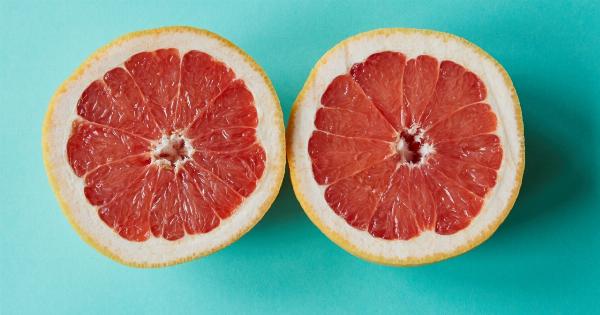Kidney stones are small, hard deposits that form in the kidneys. They can be extremely painful and may require medical intervention to remove.
Understanding the risks, recognizing the symptoms, and taking preventative measures are essential in managing kidney stones effectively. This article aims to provide comprehensive information on kidney stones, including their causes, symptoms, and prevention methods.
Risks of Kidney Stones
Several factors increase the risk of developing kidney stones. These include:.
- Diet: Consuming a diet high in salt, sugar, and animal protein increases the risk of kidney stone formation.
- Dehydration: Insufficient water intake can lead to concentrated urine, making it easier for crystals to form and grow.
- Family history: People with a family history of kidney stones are more likely to develop them themselves.
- Obesity: Being overweight or obese increases the risk of kidney stone formation.
- Medical conditions: Certain medical conditions, such as urinary tract infections, gout, and inflammatory bowel disease, can increase the likelihood of kidney stones.
Symptoms of Kidney Stones
The symptoms of kidney stones can vary depending on their size and location. Some common symptoms include:.
- Severe pain: The most prominent symptom of kidney stones is intense pain in the back, side, or lower abdomen.
- Changes in urine: Blood in the urine, cloudy or foul-smelling urine, and frequent urination are also common symptoms.
- Nausea and vomiting: Kidney stones can cause nausea and vomiting due to the severe pain and the body’s response to it.
- Urinary urgency: Feeling a constant need to urinate even when little urine is present can be a symptom of kidney stones.
Preventing Kidney Stones
While kidney stones can be challenging to prevent completely, certain measures can reduce the risk of their formation. These include:.
- Staying hydrated: Drinking an adequate amount of water throughout the day helps dilute urine and prevent crystal formation.
- Diet modification: Reducing the intake of sodium, sugar, and animal protein while increasing the consumption of fruits, vegetables, and whole grains can help prevent kidney stones.
- Limiting oxalate-rich foods: Foods high in oxalate, such as spinach, rhubarb, and chocolate, should be consumed in moderation.
- Taking medications: In some cases, medications may be prescribed to manage specific underlying medical conditions that increase the risk of kidney stones.
- Regular exercise: Maintaining a healthy weight through regular physical activity can reduce the risk of kidney stone formation.
Conclusion
Kidney stones pose a significant health concern and can cause severe pain and discomfort.
Understanding the risks associated with kidney stones, recognizing the symptoms, and taking preventative measures are crucial steps in managing this condition effectively. By adopting a healthy lifestyle, staying hydrated, and making appropriate dietary modifications, individuals can minimize the risk of kidney stone formation and ensure optimal kidney health.





























